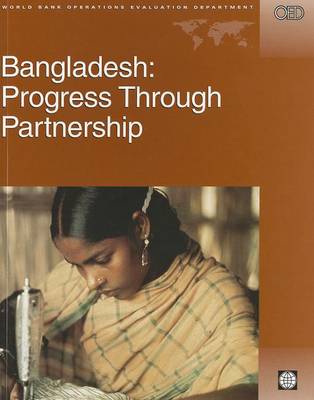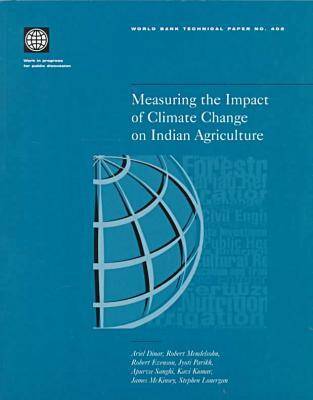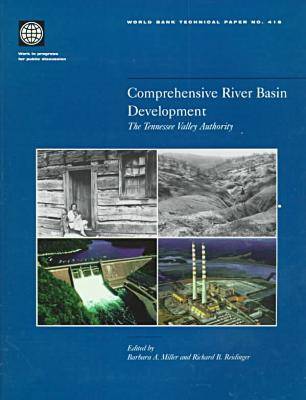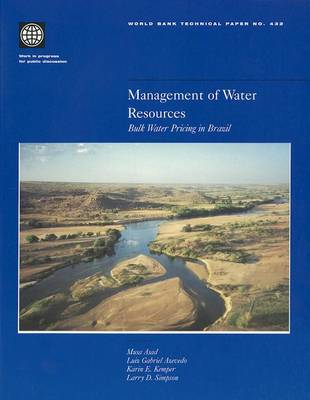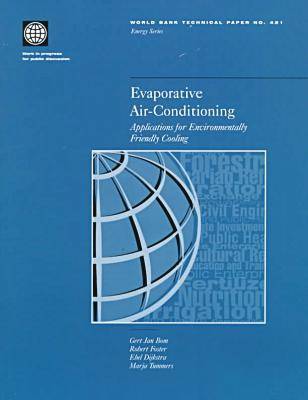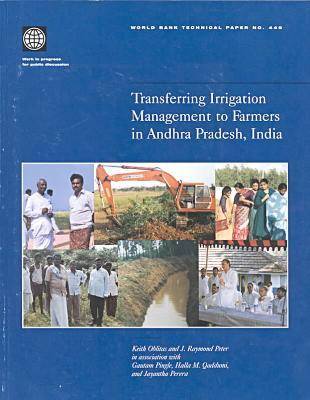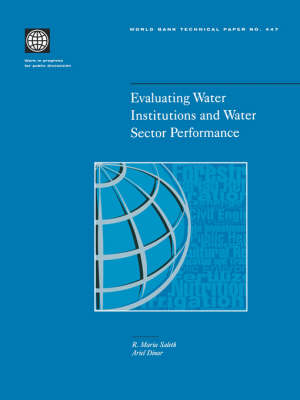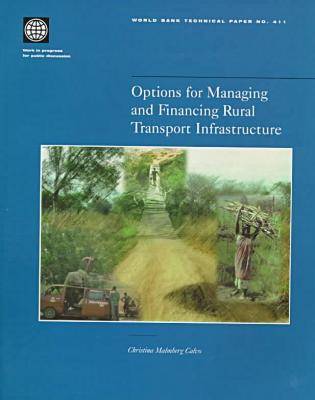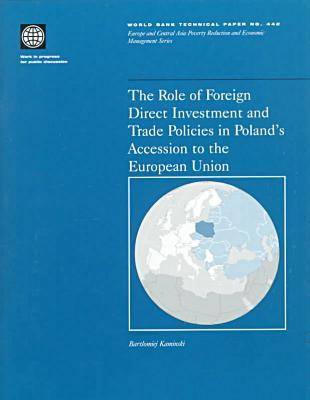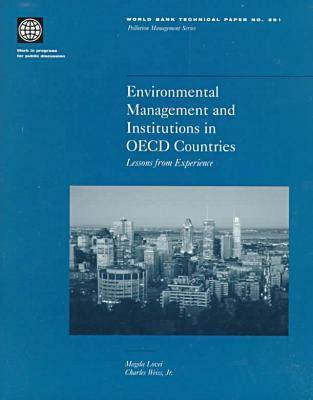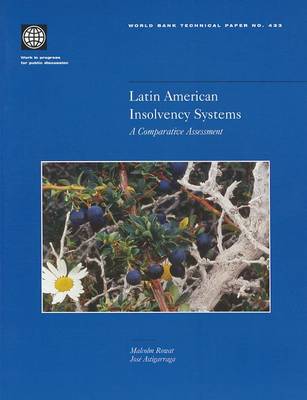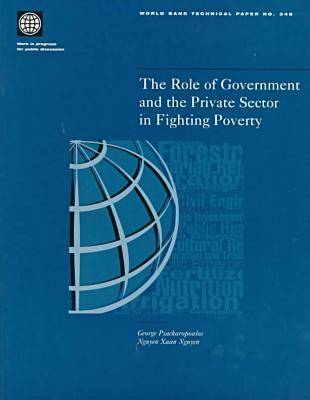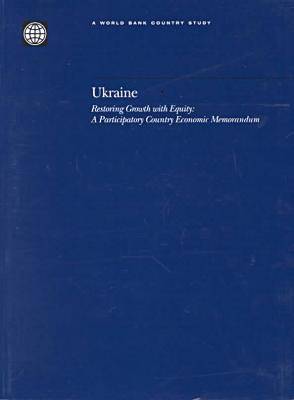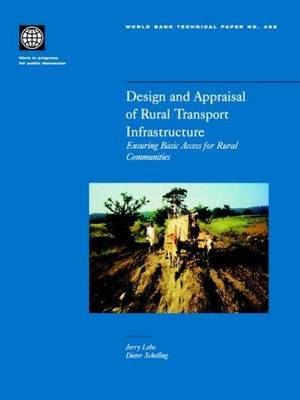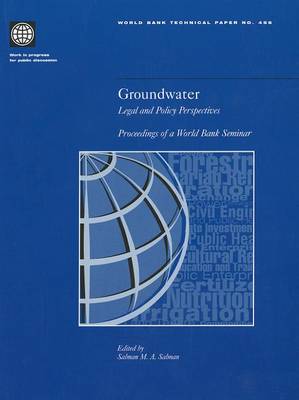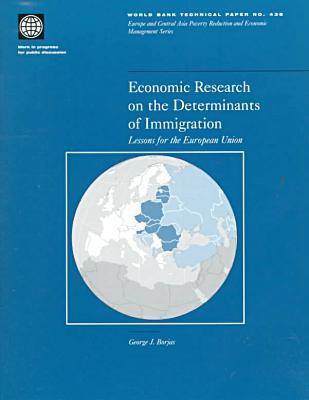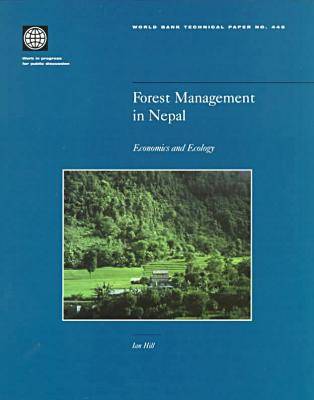World Bank Technical Paper
25 primary works • 59 total works
Comprehensive River Basin Development
by World Bank, Barbara A. Miller, and Richard B Reidinger
No. 432.
Transferring Irrigation Management to Farmers in Andhra Pradesh, India
by World Bank
Options for Managing and Financing Rural Transport Infrastructure
by World Bank
No.331.
No. 442.
The Role of Foreign Direct Investment and Trade Policies in Poland's Accession to the European Union
by World Bank
No.391.
No.346.
The Role of Government and the Private Sector in Fighting Poverty
by World Bank
Design and Appraisal of Rural Transport Infrastructure
by Jerry Lebo, Dieter Schelling, and World Bank
No. 438.

